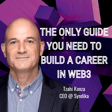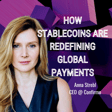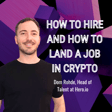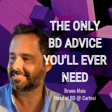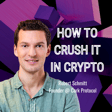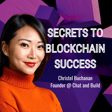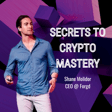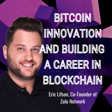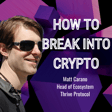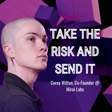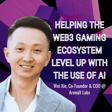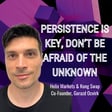
Benedetto Biondi, CEO of Folks Finance: Unlocking Web3 success while building the future of DeFi
In this episode, I sit down with Benedetto Biondi, the visionary CEO of Folks Finance, to uncover his transition from project manager to leading a cutting-edge Web3 company. Listeners will step into the fast-paced world of a CEO and discover what it’s like to run Folks Finance, an ambitious all-in-one DeFi protocol. Benedetto reveals the original goals that sparked this venture and tackles the biggest challenges of building in the decentralised finance space, including the surprising hurdles he faced as a first-time CEO.
Benedetto shares how he learned to become a CEO, common pitfalls startups should avoid, and the art of finding great mentors. He also dives into what first-time CEOs need to watch out for and breaks down the essentials of working and thriving in Web3. The episode wraps up with an exciting glimpse into the future of Folks Finance and timeless advice Benedetto would give his younger self.
Tune in for a masterclass in leadership, DeFi innovation, and carving your path in the Web3 revolution, perfect for anyone ready to take their career or startup to the next level!
